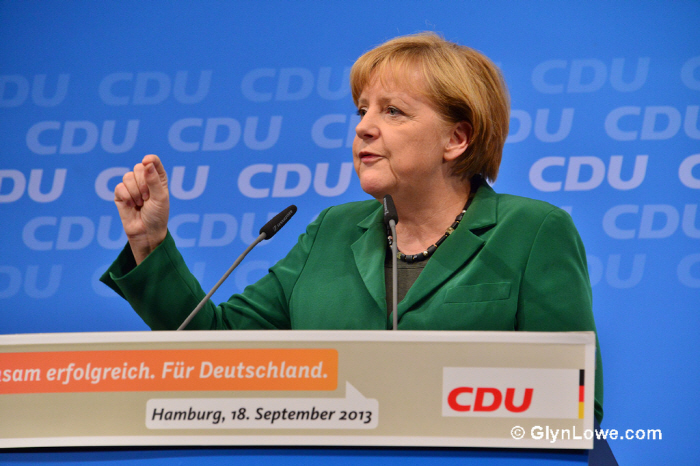Fitch Ratings says in a new report that the institutional framework for German states (Laender) and municipalities is strong, supportive and ensures financial transparency.
Fitch believes that the institutional framework effectively regulates the local and regional governments (LRGs) responsibilities as well as their funding sources and the relationship between them and with the central government (the Bund). While the Laender face fairly low fiscal flexibility they receive from the Bund a large part of common taxes (personal income tax, corporate income tax, VAT and withholding tax), together accounting for 70% of the tax proceeds of the entire sector. Municipalities also have some leeway on their business taxes, which represented 46% of their total tax revenue in 2014.
The Laender and, to a lesser extent, the municipalities benefit from a strong and far-reaching financial equalisation system, which aims to balance out the financial disparities between them. This is achieved through sharing VAT and other taxes among the Laender, and additional federal transfers to the weaker states.
The LRGs are required to publish a budget and an execution report together with a medium term financial plan. Although most of the Laender publish this information on their respective web pages, this is not yet common practice for all municipalities. The aggregate data for the sector is available on the Federal Ministry of Finance's and on the German Statistical Office's website. Laender's budgets are usually based on cash accounting while municipalities have adopted accrual accounting.



 China’s Growth Faces Structural Challenges Amid Doubts Over Data
China’s Growth Faces Structural Challenges Amid Doubts Over Data  Trump’s "Shock and Awe" Agenda: Executive Orders from Day One
Trump’s "Shock and Awe" Agenda: Executive Orders from Day One  Global Markets React to Strong U.S. Jobs Data and Rising Yields
Global Markets React to Strong U.S. Jobs Data and Rising Yields  Geopolitical Shocks That Could Reshape Financial Markets in 2025
Geopolitical Shocks That Could Reshape Financial Markets in 2025  Indonesia Surprises Markets with Interest Rate Cut Amid Currency Pressure
Indonesia Surprises Markets with Interest Rate Cut Amid Currency Pressure  U.S. Banks Report Strong Q4 Profits Amid Investment Banking Surge
U.S. Banks Report Strong Q4 Profits Amid Investment Banking Surge  Stock Futures Dip as Investors Await Key Payrolls Data
Stock Futures Dip as Investors Await Key Payrolls Data  Lithium Market Poised for Recovery Amid Supply Cuts and Rising Demand
Lithium Market Poised for Recovery Amid Supply Cuts and Rising Demand  China's Refining Industry Faces Major Shakeup Amid Challenges
China's Refining Industry Faces Major Shakeup Amid Challenges  U.S. Stocks vs. Bonds: Are Diverging Valuations Signaling a Shift?
U.S. Stocks vs. Bonds: Are Diverging Valuations Signaling a Shift?  S&P 500 Relies on Tech for Growth in Q4 2024, Says Barclays
S&P 500 Relies on Tech for Growth in Q4 2024, Says Barclays  Fed May Resume Rate Hikes: BofA Analysts Outline Key Scenarios
Fed May Resume Rate Hikes: BofA Analysts Outline Key Scenarios  UBS Predicts Potential Fed Rate Cut Amid Strong US Economic Data
UBS Predicts Potential Fed Rate Cut Amid Strong US Economic Data  2025 Market Outlook: Key January Events to Watch
2025 Market Outlook: Key January Events to Watch  Moody's Upgrades Argentina's Credit Rating Amid Economic Reforms
Moody's Upgrades Argentina's Credit Rating Amid Economic Reforms  Moldova Criticizes Russia Amid Transdniestria Energy Crisis
Moldova Criticizes Russia Amid Transdniestria Energy Crisis  Goldman Predicts 50% Odds of 10% U.S. Tariff on Copper by Q1 Close
Goldman Predicts 50% Odds of 10% U.S. Tariff on Copper by Q1 Close 































